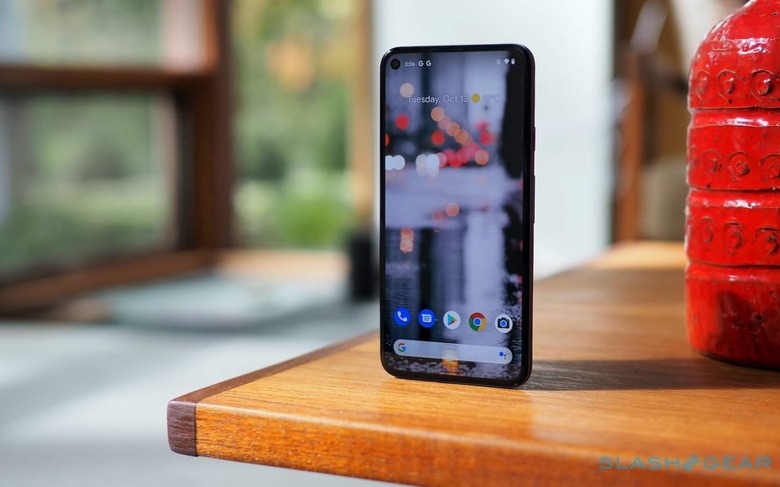Google Wins In Supreme Court Over $9bn Oracle Android API Copyright Case
Oracle has lost its challenge to hold Google liable for copyright infringement, with the Supreme Court ending more than a decade of legal sparring over some of the key components of Android. The case dates back to 2010, with Oracle arguing that Google had copied Java APIs that belonged to Sun Microsystems – which Oracle purchased – as it developed Android, and as such was liable for $8.8 billion in damages.
Google, interestingly, did not deny that it had used the APIs when it first developed Android. However, it argues that their implementation counted as fair use, and as such did not leave the company open for a copyright penalty.
Android has since shifted and is now no longer reliant on the controversial components. Nonetheless, the Google v. Oracle case has been a closely-monitored one by the tech industry at large, for its potential implications around how APIs are controlled and how software and hardware interoperability can be developed.

Things weren't looking positive for Google after two initial District Court-level jury trials which found in the search giant's favor were reversed by the Federal Court. That concluded that APIs could fall under copyright, and that Google's use of them was not fair use. Google petitioned the US Supreme Court in a challenge to that ruling in Oracle's favor, but it's taken until today for a final judgment to be handed down.
In a 6-2 decision, the lower court ruling was overturned by the Supreme Court. "In reviewing that decision, we assume, for argument's sake, that the material was copyrightable," Justice Stephen Breyer wrote in the decision. "But we hold that the copying here at issue nonetheless constituted a fair use. Hence, Google's copying did not violate the copyright law."
"Computer programs differ to some extent from many other copyrightable works because computer programs always serve a functional purpose," Justice Stephen Breyer wrote in the majority opinion. "Because of these differences, fair use has an important role to play for computer programs by providing a context- based check that keeps the copyright monopoly afforded to computer programs within its lawful bounds."
The two dissenting judges were Justice Clarence Thomas and Justice Samuel Alito. Since Justice Ruth Bader Ginsburg had passed before the case was argued, but before Justice Amy Coney Barrett was installed, only eight judges gave verdict.
The decision is likely to be well received within the tech world, within which concern had been voiced that undue control granted to developers around APIs could present a new and significant hurdle for software development. All the same, the implications of the ruling are unlikely to be clear for some time. By deciding that APIs can, in fact, be subject to copyright, and that a definition of fair use hinges on how companies actually use those APIs themselves, it's not the conclusive position that many were hoping for.
